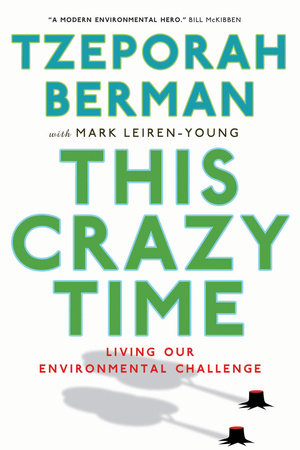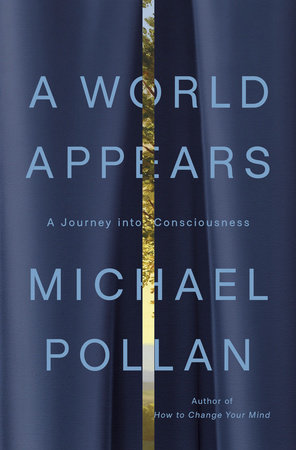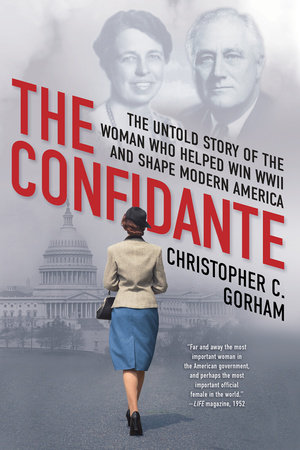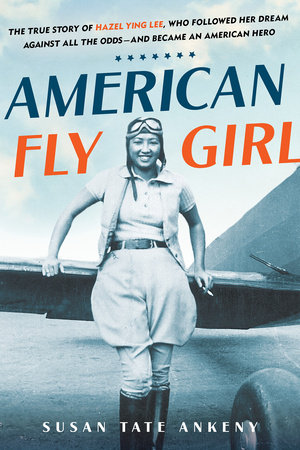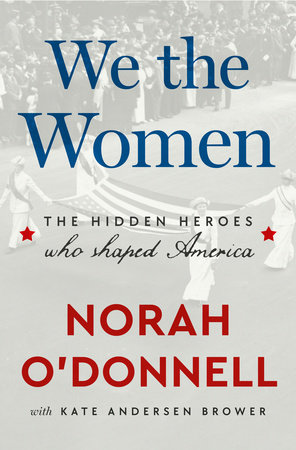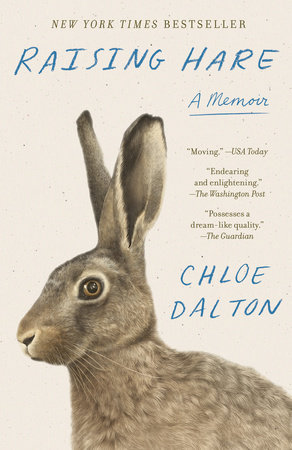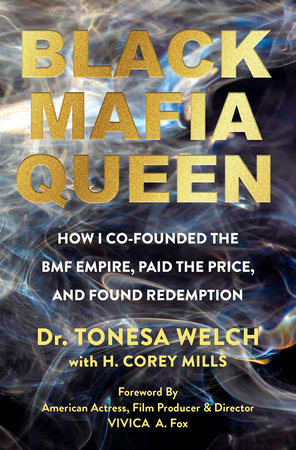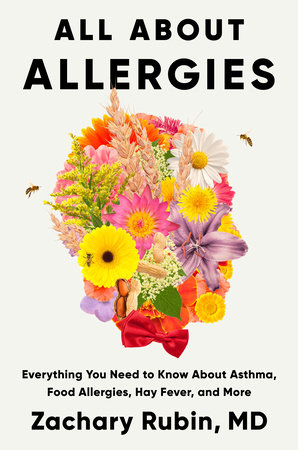“Tzeporah Berman is a modern environmental hero, and this fascinating book shares her exciting history, and the even more exciting thinking that it’s given rise to. If we get out of our ecological woes, she’ll be a big reason.”
—Bill McKibben, author of Eaarth and founder of 350.org
“Tzeporah’s inspiring and humorous story about her development as an environmental activist has significance far beyond the successful struggle against old-growth clear-cutting in British Columbia. If governments remain unwilling to enact effective climate policies, the obvious next step is for civil actions that engage the public while slowing or preventing investments that facilitate fossil fuel combustion (coal plants, oil pipelines, freeways). Who better to lead that charge?”
—Mark Jaccard, member of the Intergovernmental Panel on Climate Change and author of Hot Air: Meeting Canada’s Climate Change Challenge
“Tzeporah Berman has risked life and liberty in what is ultimately the greatest cause: the future of this planet. Sad, alarming, witty and bold, This Crazy Time takes us inside the war against those who are so recklessly and ruthlessly destroying the Earth while most of us sleep.”
—Ronald Wright, author of A Short History of Progress
“Tzeporah Berman is one of the few people with the insight, experience and guts to show us a way forward that actually might work. This Crazy Time seamlessly blends hard-won practical tips on how to build a mass movement for change with deeply moving stories of Berman’s own successes and failures in the high-stakes world of international environmental campaigning. It shows how each of us—by working with others and marrying courage with political and business smarts—can change the world, for real and for good. This is a fabulous book. It will give you goosebumps, make you laugh and leave you in tears. And you won’t put it down till the last page.”
—Thomas Homer-Dixon, author of The Upside of Down
“Tzeporah Berman’s true-life exploits make a great read. From Paris Hilton to rock concerts in forest blockades, she manages to share a very personal take on the state of our planet with the highs and lows of life as one of our strongest eco-campaigners.”
—Elizabeth May, Green Party Member of Parliament
“In This Crazy Time, Tzeporah Berman brings the inflated rhetoric of the environmental debate down to earth and puts a passionate and empathetic human face on the defining global challenge of our time. Her journey from the front lines of logging blockades to the hot seats of corporate boardrooms is told with remarkable intimacy and rare self-reflection, tracing the central arc of the environmental movement as a whole over the past twenty years. In times growing crazier with each day’s weather, we need her thoughtful leadership more than ever.”
—Chris Turner, author of The Leap and The Geography of Hope
“Over the past twenty years the environmental debate has been loud, raucous and increasingly prominent. And Tzeporah Berman has been right there in the thick of it. Berman is a key leader and, in this book, a thoughtful interpreter of significant events. Let her be your guide to some of the most exciting, and important, moments in recent Canadian history.” ––Rick Smith, executive director of Environmental Defence; co-author of Slow Death by Rubber Duck
“If you’ve ever uttered the word ‘can’t,’ you need to pick up This Crazy Time. Tzeporah Berman’s inspirational journey from accidental logging activist to international climate champ will show you how a fearless dreamer can help safeguard millions of acres of old-growth forests and tackle the biggest challenge of our time: climate change. You’ll walk away with an honorary MBA in changing the world. How will you put yours to use?”
—Adria Vasil, author of the Ecoholic series
“You can call Tzeporah Berman a crazy, tree-hugging, jailbird, eco-terrorist. But in today’s world it’s just about the only honest job around. Save a vital rainforest, or clear-cut its giant redwoods into newsprint, packaging and toilet paper. Are we kidding? Our tragedy is that we aren’t all chained to a tree.”
—William Marsden, author of Fools Rule: Inside the Failed Politics of Climate Change
“If you’ve ever wondered how ordinary people become the extraordinary people who change the world, read this book. Here is a memoir that will convince you Canada’s forests are a global treasure, but more importantly, reminds each and every one of us that we have the power to act on our beliefs. Fast-paced, frank and often surprisingly funny, This Crazy Time is a primer for a more impassioned world.”
—J.B. MacKinnon, co-author of The 100-Mile Diet
“Tzeporah Berman is a Canadian environmental hero and national treasure. This Crazy Time is a must-read for those on any side of a particular environmental issue. Tzeporah Berman emphasizes the power of dialogue and the importance of compromise for reaching lasting solutions to environmental problems. And she leaves the reader with a sense of optimism that each and every one of us can make a difference.”
—Andrew Weaver, Professor and Canada Research Chair in Climate Modelling and Analysis; author of Keeping our Cool: Canada in a Warming World
